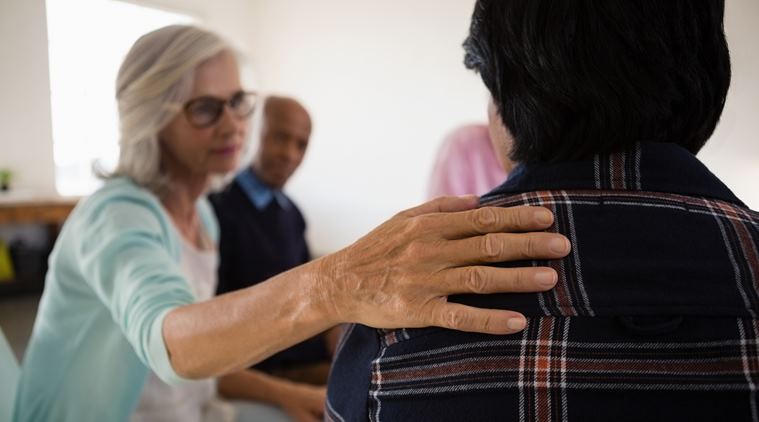Novel model explains the evolution of empathy
The model developing at Max Planck Institute for Evolutionary Anthropology in Germany and the Santa Fe Institute in the US suggests that the origin of a broad range of empathetic responses lies in cognitive simulation.
 According to Fabrizio Mafessoni, a post-doctoral researcher at the Max Planck Institute, standard theoretical models of the origins of empathy tend to focus on scenarios in which coordination or cooperation are favoured. (Photo by iStock / Getty Images)
According to Fabrizio Mafessoni, a post-doctoral researcher at the Max Planck Institute, standard theoretical models of the origins of empathy tend to focus on scenarios in which coordination or cooperation are favoured. (Photo by iStock / Getty Images)
The origin of empathy may lie in the need to understand others, say scientists who have developed a new model to explain the evolution of empathy and other related phenomena, such as contagious yawning.
The model developing at Max Planck Institute for Evolutionary Anthropology in Germany and the Santa Fe Institute in the US suggests that the origin of a broad range of empathetic responses lies in cognitive simulation.
It shifts the theoretical focus from a top-down approach that begins with cooperation to one that begins with a single cognitive mechanism.
According to Fabrizio Mafessoni, a post-doctoral researcher at the Max Planck Institute, standard theoretical models of the origins of empathy tend to focus on scenarios in which coordination or cooperation are favoured.
Researchers explored the possibility that the cognitive processes underlying a broad range of empathetic responses – including emotional contagion, contagious yawning, and pathologies – could evolve in the absence of kin selection or any other mechanism directly favouring cooperation or coordination.
They noted that animals, including humans, can engage in the act of simulating the minds of others.
“All agents share almost identical ‘black boxes’ with members of their species, and they are constantly running simulations of what other minds might be doing,” said Michael Lachmann, a professor at the Santa Fe Institute.
This ongoing as-actor simulation is not necessarily geared towards cooperation: it’s just something humans and animals do spontaneously, researchers said.
An example of this process is represented by mirror neurons: it has been known for some time that the same neurons engaged in planning a hand movement are also used when observing the hand movement of others.
The researchers wondered what the consequences would be if they were to extend that process of understanding to any social interaction.
When they modelled outcomes rooted in cognitive simulation, they found that actors engaged in as-actor simulation produce a variety of systems typically explained in terms of cooperation or kin-selection.
The researchers also found that an observer can occasionally coordinate with an actor even when this outcome is not advantageous.
Their model suggests that empathetic systems do not evolve solely because agents are disposed to cooperation and kin-selection.
They also evolve because animals simulate others to envision their actions.
According to Mafessoni, “the very origin of empathy may lie in the need to understand other individuals.”
- 01
- 02
- 03
- 04
- 05



























